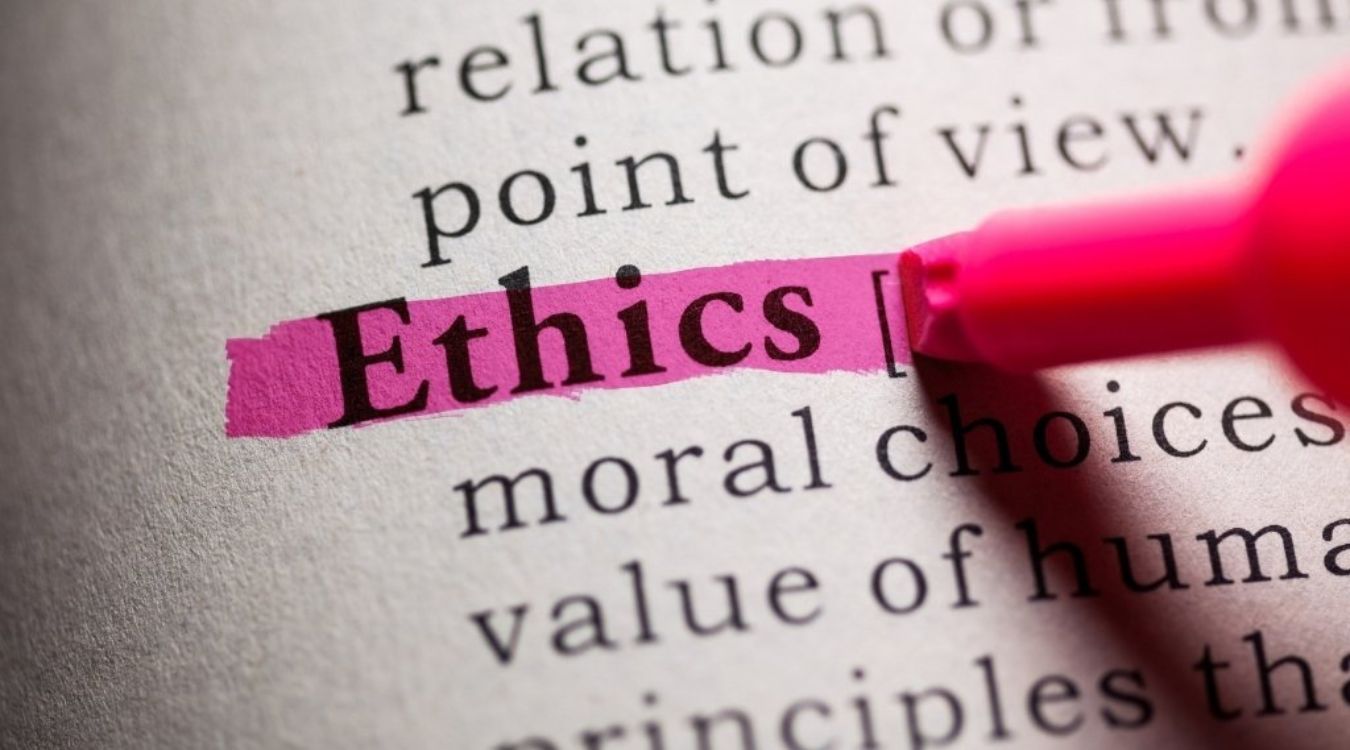Ethics shapes our decisions and actions, guiding us through complex moral landscapes. This quiz will challenge your understanding of ethical principles, theories, and real-world applications. Test your knowledge and see how well you can navigate ethical dilemmas.
We recommend that you do not leave the page that you are taking this quiz in. Stay honest 🙂
Ethics Quiz Questions Overview
1. What is the principle of utilitarianism?
A theory that emphasizes duty and rules.
A theory that focuses on the consequences of actions.
A theory that values individual rights above all.
A theory that is based on virtue and character.
2. Who is considered the father of modern deontology?
John Stuart Mill
Immanuel Kant
Aristotle
Jeremy Bentham
3. Which of the following best describes virtue ethics?
Ethics based on the outcomes of actions.
Ethics based on adherence to rules.
Ethics based on the development of good character traits.
Ethics based on individual rights.
4. What is the ‘categorical imperative’ in Kantian ethics?
A principle that actions are right if they promote happiness.
A principle that one should act according to rules that could be universal laws.
A principle that emphasizes the greatest good for the greatest number.
A principle that focuses on individual rights and freedoms.
5. Which philosopher is associated with the concept of the ‘veil of ignorance’?
John Rawls
Robert Nozick
Thomas Hobbes
John Locke
6. What does the term ‘moral relativism’ refer to?
The belief that moral principles are universal.
The belief that moral principles are based on cultural norms.
The belief that moral principles are based on individual preferences.
The belief that moral principles are determined by religious doctrines.
7. Which ethical theory emphasizes the role of emotions in moral decision-making?
Utilitarianism
Deontology
Virtue Ethics
Care Ethics
8. What is the main focus of existentialist ethics?
The consequences of actions.
The adherence to moral duties.
The development of moral virtues.
The individual’s freedom and responsibility.
9. Which ethical principle is most closely associated with the idea of ‘the ends justify the means’?
Deontology
Virtue Ethics
Utilitarianism
Care Ethics
10. What does the term ‘ethical egoism’ refer to?
The belief that one should act according to universal laws.
The belief that one should act in their own self-interest.
The belief that one should act to promote the greatest good for the greatest number.
The belief that one should act to develop moral virtues.
11. Who is known for the concept of ‘the social contract’?
John Locke
Jean-Jacques Rousseau
Thomas Hobbes
All of the above
12. What is the ‘Golden Rule’ in ethics?
Treat others as you would like to be treated.
Act according to universal laws.
Promote the greatest good for the greatest number.
Act in your own self-interest.
13. Which of the following is a criticism of utilitarianism?
It ignores the consequences of actions.
It focuses too much on moral rules.
It can justify actions that are widely considered immoral.
It places too much emphasis on individual rights.
14. What does ‘moral absolutism’ mean?
Moral principles are subjective and vary by culture.
Moral principles are absolute and unchanging.
Moral principles are based on individual preferences.
Moral principles are determined by societal norms.
15. Which philosopher is associated with the idea of ‘the greatest happiness principle’?
Immanuel Kant
John Stuart Mill
Aristotle
Socrates
16. What is the focus of ‘environmental ethics’?
The moral relationship between humans and animals.
The moral relationship between humans and the environment.
The moral relationship between humans and other humans.
The moral relationship between humans and technology.
17. Which ethical theory is most concerned with the concept of ‘justice as fairness’?
Utilitarianism
Deontology
Virtue Ethics
Rawlsian Ethics
18. What is the main idea behind ‘contractarianism’?
Moral principles are based on the consequences of actions.
Moral principles are based on social contracts or agreements.
Moral principles are based on individual virtues.
Moral principles are based on adherence to rules.
19. What is ‘moral realism’?
The belief that moral truths are subjective.
The belief that moral truths are objective and independent of human beliefs.
The belief that moral truths are culturally relative.
The belief that moral truths are based on individual preferences.
We recommend that you do not leave the page that you are taking this quiz in. Stay honest 🙂











